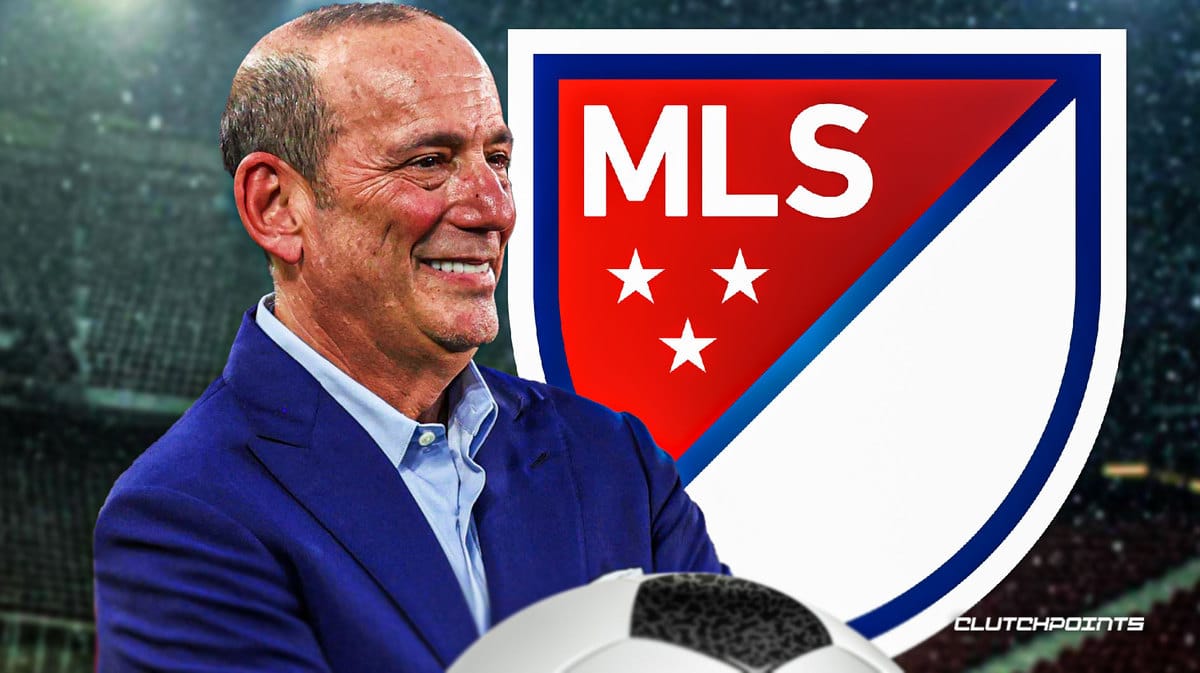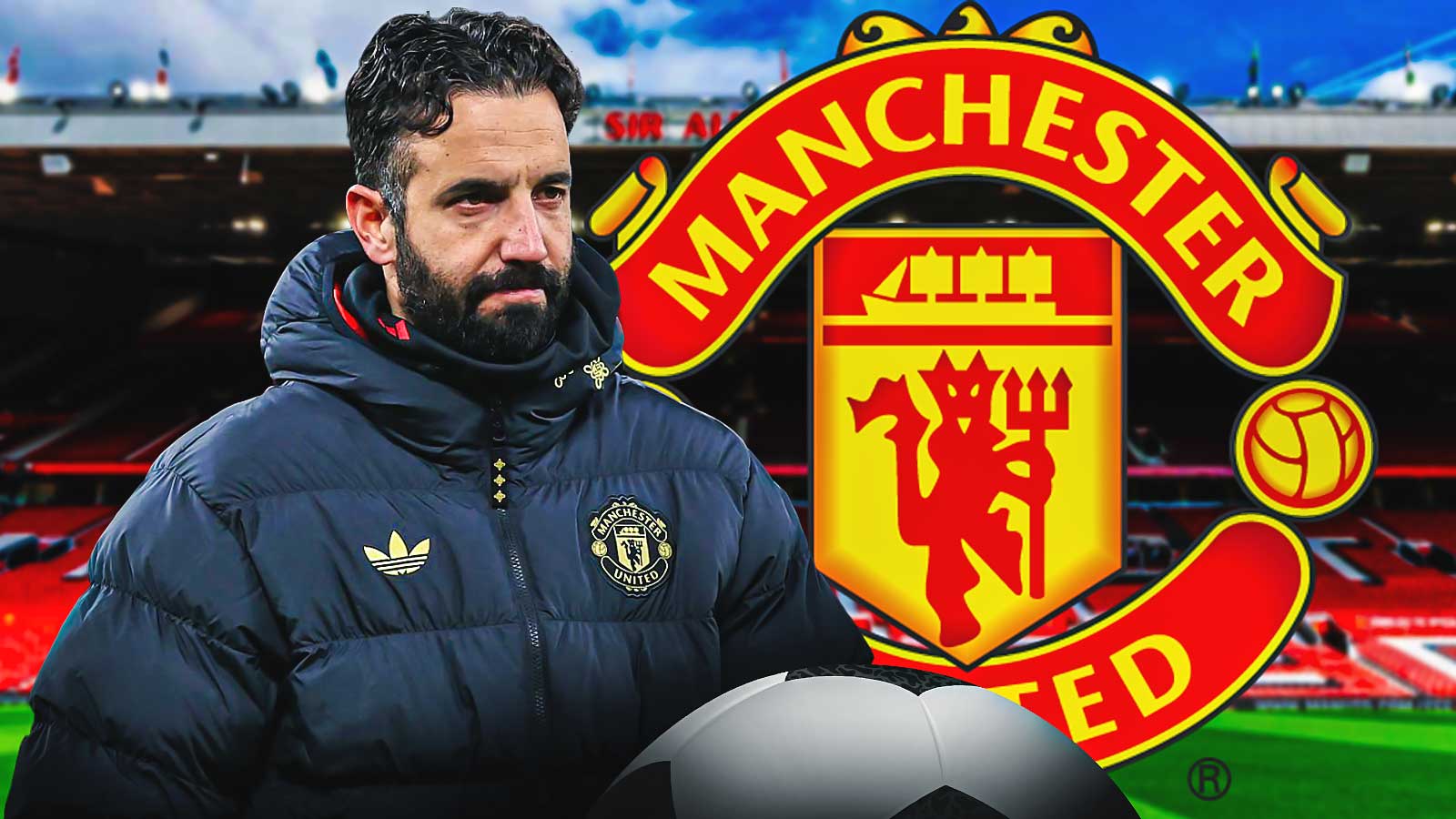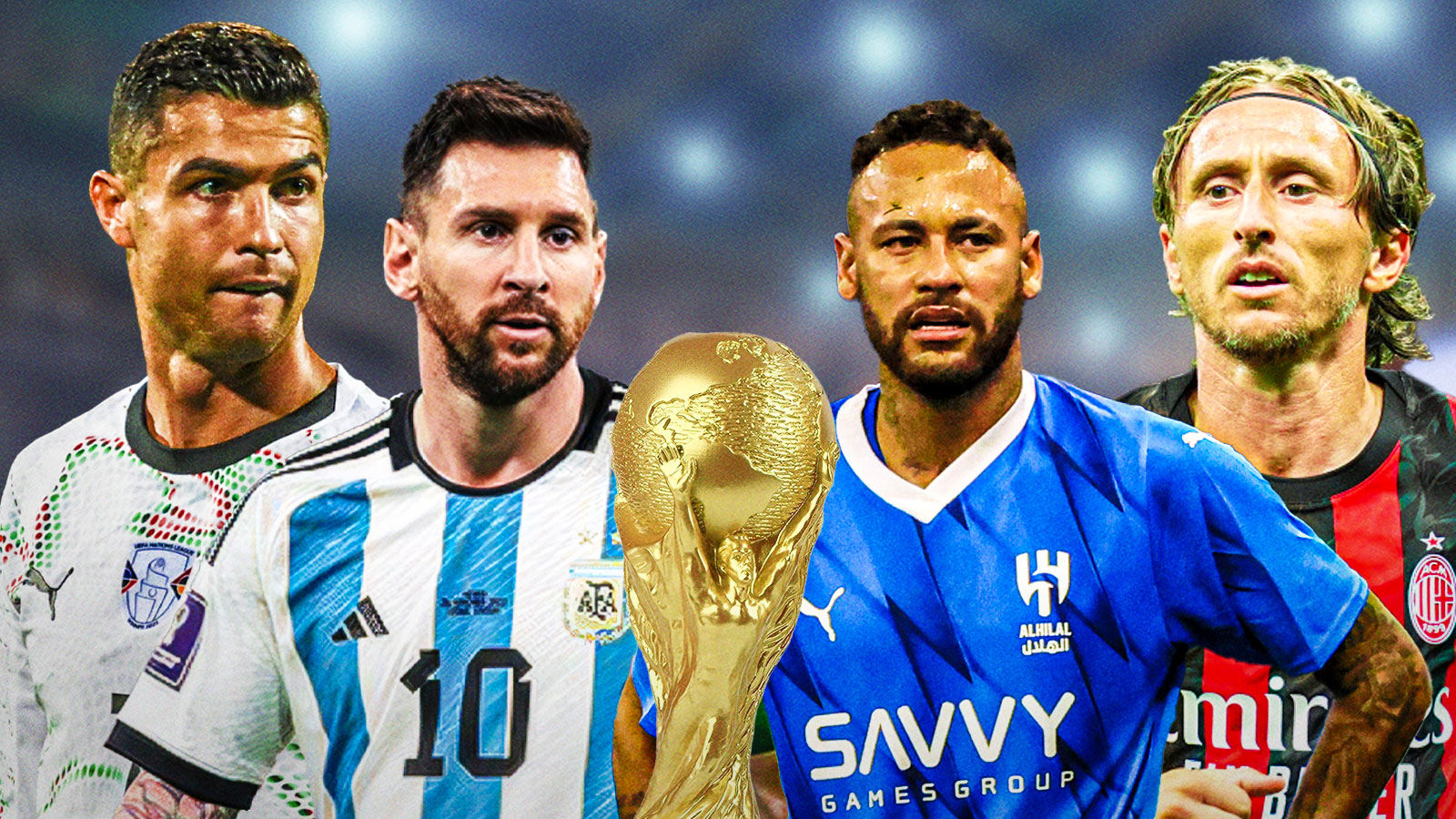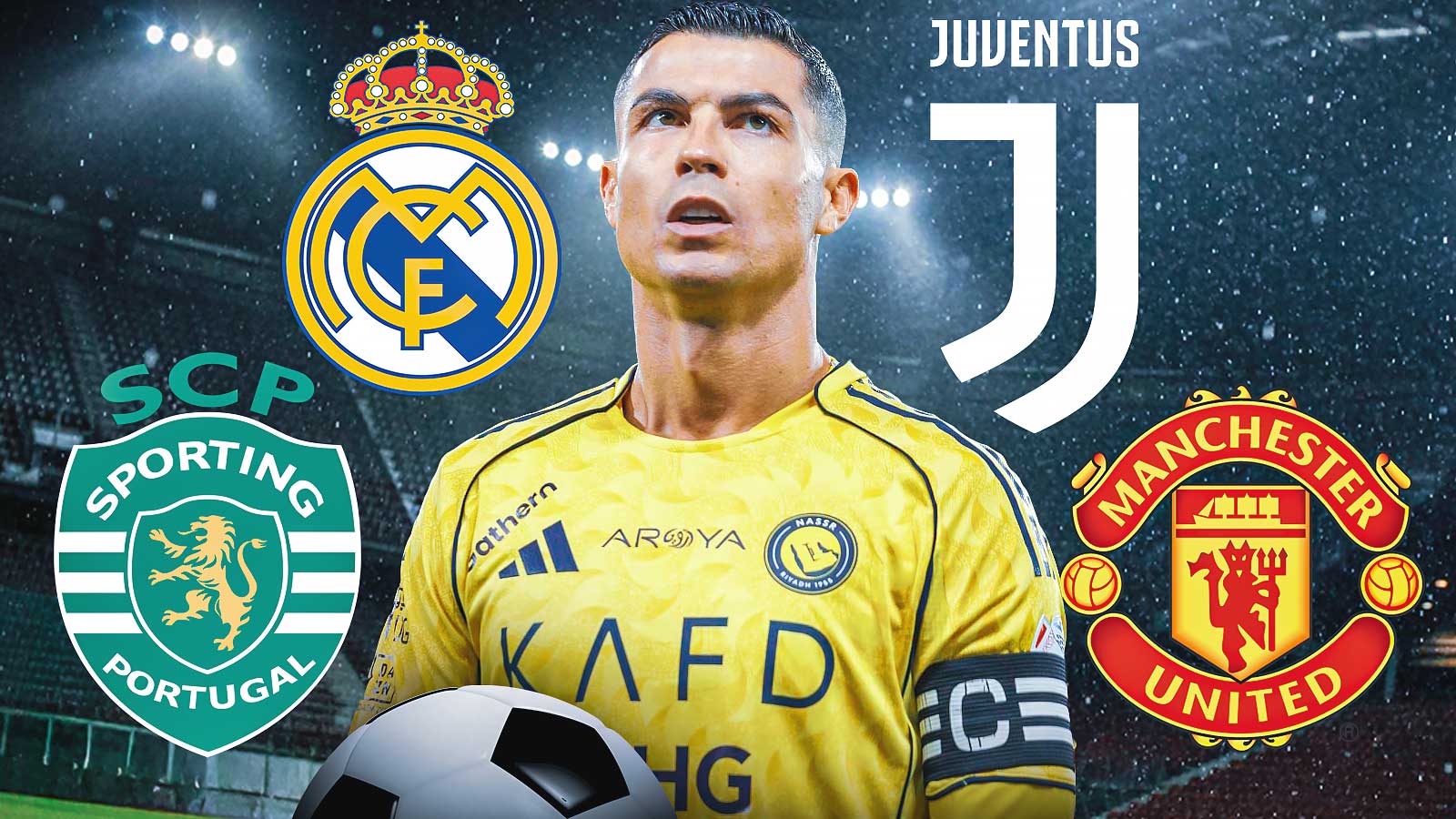Major League Soccer (MLS) shook things up with a notable shift in its playoff structure earlier this year. The change brought about a unique format, stirring curiosity and controversy within the football community. The alterations presented a best-of-three series in the opening round, departing from prior seasons' traditional single-game elimination pattern. This new approach aimed to infuse a quick, intensified atmosphere while bringing a unique twist to the postseason dynamics.
However, the MLS format raised debates about fairness and engagement. The introduction of the best-of-three series in the first round encouraged spirited discussions. While the initial rounds were exhilarating and swift, with teams fighting in multiple matches, the format's significance in identifying the league's best team was questioned. This system posed challenges in accurately determining the strongest contender, often a key debate in soccer leagues worldwide.
The intricate discussion surrounding this format revolved around the balance between entertainment and fairness. The best-of-three structure provided an intense and quick-paced spectacle, adding an element of unpredictability and excitement. On the flip side, some voiced concerns about the model's efficacy in crowning the most deserving MLS team, as a single-game elimination might carry higher levels of risk and fortune, potentially favoring underdogs.
Despite the ongoing evaluation, the MLS playoffs have showcased engaging matches, with teams battling it in the evolving format. The novelty of the best-of-three series has introduced a different energy, compelling teams to display their best within a condensed span. However, as the postseason progresses, this new format's efficacy and lasting impact will continue to be a topic of scrutiny and intrigue among fans and critics alike.



















